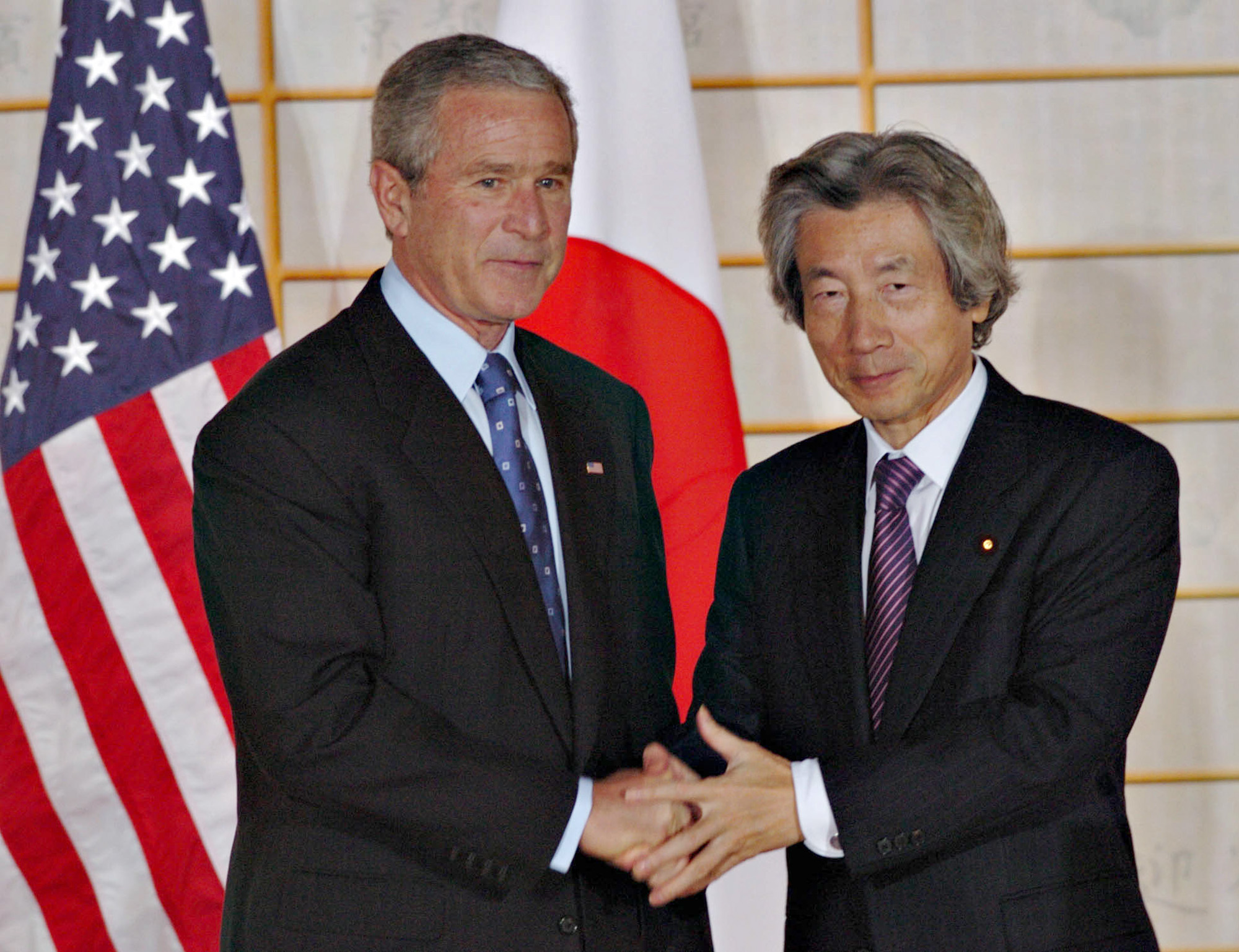The continuing standoff between Apple and the FBI over data stored on an iPhone that belonged to the alleged perpetrators of the San Bernadino terrorist attacks highlights the frictions between protecting civil liberties and maintaining security. The USA Patriot Act has drawn widespread condemnation in liberal circles because it grants law-enforcement agencies sweeping powers that pose a threat to the constitutional rights of Americans in the name of protecting them from terrorist attacks.
With Japan joining the "war on terror" and beefing up its counterterrorism capabilities, there are similar worries about the implications this will have for Japanese civil liberties. While most citizens would probably agree that the nation has to be better prepared to deal with terrorism — in the areas of intelligence gathering and emergency response capacity — there is disquiet about maintaining a balance between civil liberties and expanded law-enforcement powers.
There are good reasons for Japanese citizens not to trust government authorities to use such powers responsibly. As I wrote in my 2004 book "Japan's Quiet Transformation," back in May 2002, barely a year after the national information disclosure law took effect, the Defense Agency was caught transforming this tool for public access to government files into an excuse to compile dossiers on the 142 individuals who made requests.



















With your current subscription plan you can comment on stories. However, before writing your first comment, please create a display name in the Profile section of your subscriber account page.